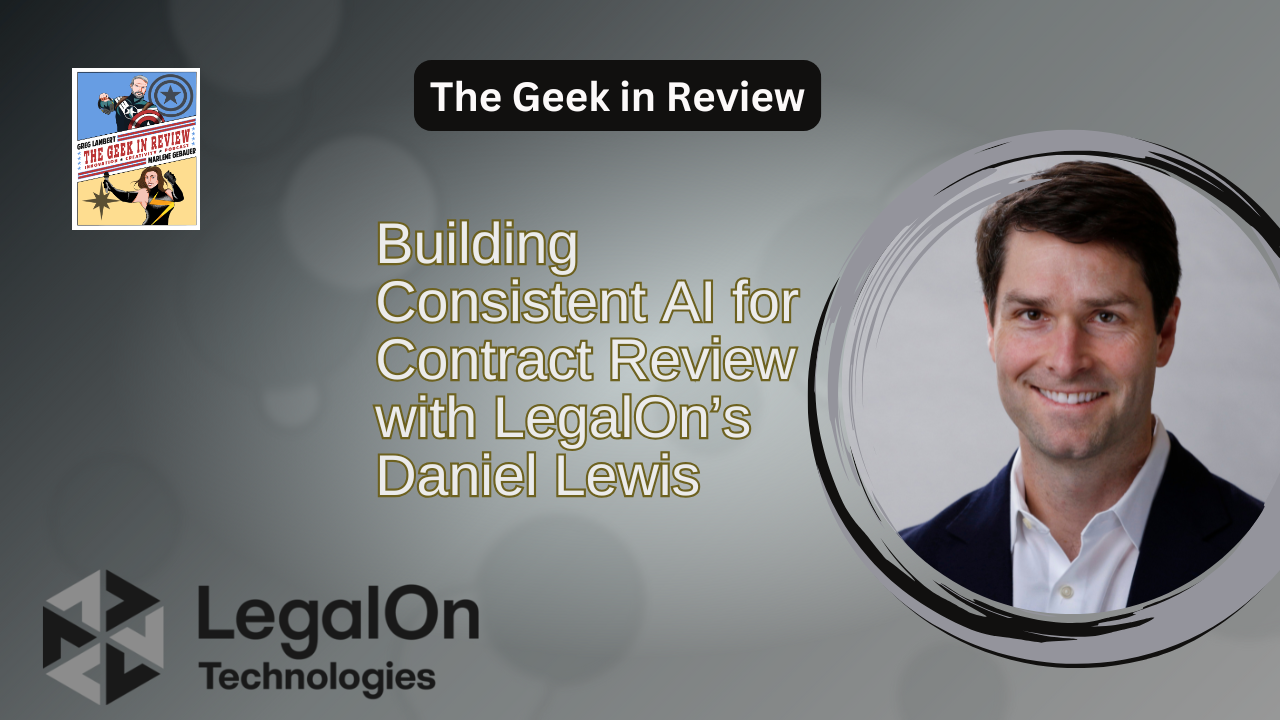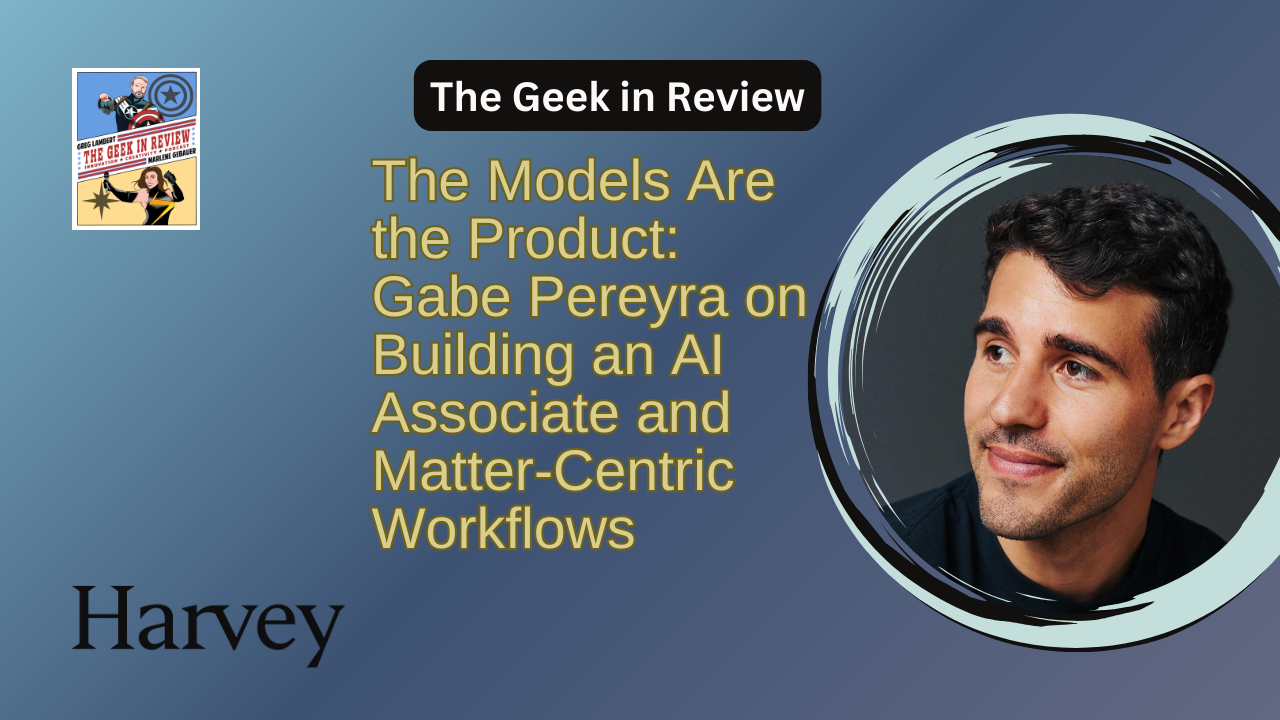This week we are joined by Anusia Gillespie, Enterprise Lead at vLex and debut novelist, as she shares her unique vantage point on the intersection of legal technology and the human side of law. Anusia traces her journey from commercial real estate finance attorney to global innovation leader, with roles at Harvard, UnitedLex, and Eversheds Sutherland, all driven by a mission to help lawyers by rethinking the systems they work in. Along the way she discovered that business-of-law blind spots, like a shocking embezzlement incident early in her career, revealed deeper structural issues that inspired her focus on system change.
Anusia describes how legal tech adoption often falters when lawyers’ reactions—especially negative ones—are misunderstood. Far from being a setback, she sees strong reactions as opportunities to engage skeptics and convert them into champions. She shares a vivid example from her current work at vLex, where an initially frustrated lateral partner became one of the firm’s most enthusiastic adopters after receiving attentive support and seeing immediate client impact.
The conversation pivots to Anusia’s new novel Soul Toll, which blends contemporary and fantasy storytelling to examine the personal cost of high-performance legal culture. The book’s central metaphor, the “soul toll,” measures the tradeoff between meaningful work and draining obligations. Through her protagonist Ember, a high-achieving lawyer on a seemingly predestined path, Anusia explores how professional ambition can be engineered and how easy it is to let subtle daily tolls overwhelm the soul. Her goal is to give lawyers and other readers a practical framework for assessing that balance in their own lives.
As AI reshapes legal work, Anusia argues that lawyers need both the courage and the space to “fight for their light,” a phrase she uses as both a personal mantra and a rallying call in the novel. She emphasizes that the industry’s relentless pace will not slow down on its own, so lawyers and firm leaders must deliberately set boundaries and create pauses to prevent burnout. The discussion also explores how technology can relieve drudgery while prompting a new definition of professional competence that values human insight as much as efficiency.
Anusia closes with a challenge to law firm leaders: confront the mindsets shaped by the billable hour and empower lawyers to think beyond six-minute increments. From her perspective, real change begins in how lawyers structure their time and measure success. Whether she is leading enterprise strategy at vLex or writing visionary fiction, Anusia keeps a single purpose in view—helping lawyers build healthier, more sustainable careers. Listeners can find Soul Toll on Amazon and connect with Anusia on LinkedIn to continue the conversation.
Order Soul Toll today on Amazon
Listen on mobile platforms: Apple Podcasts | Spotify | YouTube
[Special Thanks to Legal Technology Hub for their sponsoring this episode.]
Email: geekinreviewpodcast@gmail.com
Music: Jerry David DeCicca









